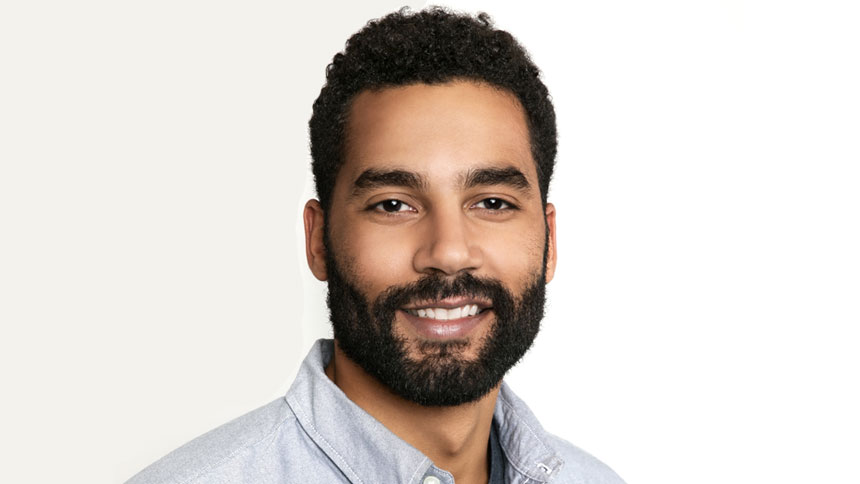Here at Scouted, we want you to have your best interview possible. We often spend time with our candidates coaching them on interview best practices, giving them insider info on our partner companies if we can, and helping them navigate negotiations if needed. We love helping you put your best foot forward, which is why we have to say this:
Interviews are a two-way street and we’ve seen too many candidates act like they’re in an interrogation.
Also on Mediabistro


Believe us, nothing is worse than when a candidate gets turned down because they simply “didn’t seem that interested in the position.” Because oftentimes, that’s just not the case! We know that if you take the time to apply, participate in a phone screen, travel to an in-person interview, then it’s more than likely you want the job.
In this blog post, we want to help you show employers that you mean business. We want to show you the right questions to ask during your interview that will make you stand out as interested, invested, and knowledgeable in the role you’re interviewing for.
Questions to ask during your job interview:
- What would a normal day look like in this role?
- What would a successful employee look like in this role?
- How would you describe your company’s values?
- What are key performance indicators (KPIs) that I should care about?
- What are your expectations for this role during the first 30 – 60 days?
- Why did the last person who held this role move on?
- How would you describe your company culture?
- Who do you consider your top competitors, and why?
- What are the biggest challenges facing the company/department right now?
- What do you like best about working for this company?
- What is the typical career path for someone in this role?
- What are the next steps in the interview process?
- What is the company’s management style?
- Who does this position report to? If I am offered the position, can I meet him or her before making my final acceptance decision?
- Why is this position available?
- How many people work in this office/department?
- How much travel is expected?
- What are the prospects for growth and advancement? Or, How does your company handle personal development?
- What is the typical career path for this role?
- Do you have any reservations about my qualifications?
- What is the best part of working for this company?
- If I am extended a job offer, how soon would you like me to start?
- Would you like a list of references?
- Are there any other questions I can answer for you?
[sc name=“Newsletter”]
Avoid these types of questions during your first interview:
Questions about vacation time, compensation, benefits, and perks.
These questions are important to know, but you don’t want it to seem like they’re the only reason you’re applying for the job. That being the case, you may want to wait to ask these questions until a second interview or even after an offer is made.
Questions that you could have found the answer to in an online search
It’s always important to make sure you’re prepared for your interview and a large part of that is simply researching the company. Look up their history, read their FAQ page, their “Work With Us” page, their YouTube and social media channels. Lastly, be sure to brush up on recent news about the company. If they’re a startup who recently raised a large round of funding (probably the reason for expanding their team) be sure to congratulate them.
Overly specific questions that may raise red flags
Say you had a bad experience at your last company. It happens. You might be wary to make sure it doesn’t happen again (understandable), but it could be a red flag if you ask too many questions about a specific topic.
For example, if you had a poor experience with a past manager and you ask several questions about who your new manager is, their personality, management style, accountability, etc., it could be seen as a red flag that you have issues with authority. Whether or not that’s the case, ask what you need to know, but do try to play it cool. Instead, try asking if you can meet the person you’ll be reporting to or save some of your more specific questions for later in the interview process when you’ve been able to build a stronger relationship with the hiring managers.
Of course, you don’t need to ask every single question above, but hopefully by the end of your conversation with the hiring managers, you’ll know the answers to most of them. Again, an interview is a two-way dialogue where you learn how you best fit within the company, why they need to hire someone like you, and what your life will look like when working there.
What are questions you like to ask during a job interview? Leave your favorites below and maybe we’ll add them to the list!







